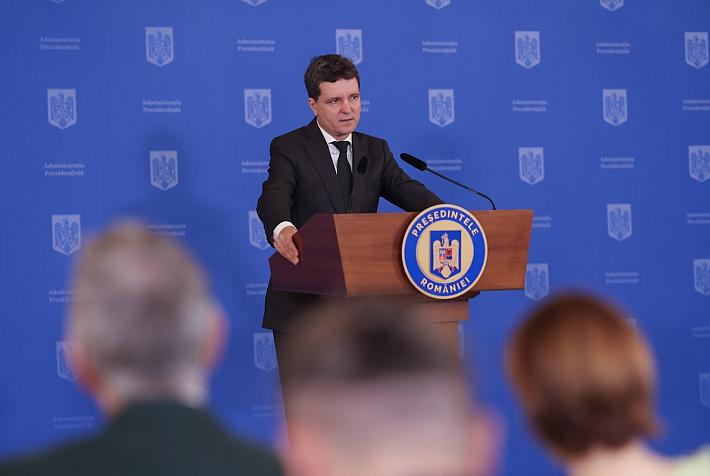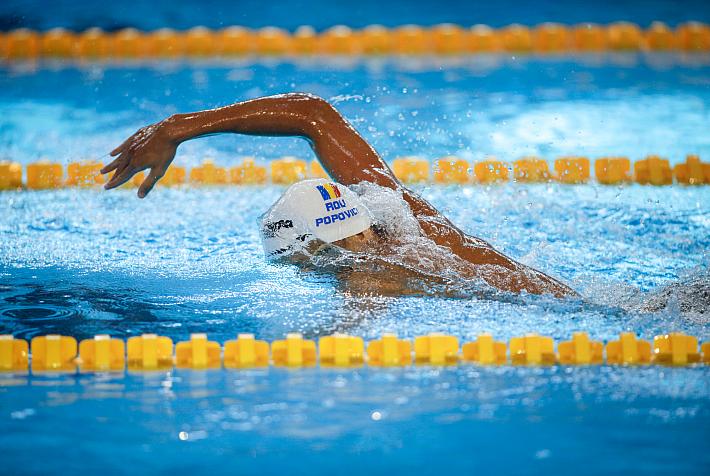Romanian film review – The War on Sound: Cold Waves

Alexandru Solomon is no stranger to this column: I believe his documentaries are among the most intelligent Romanian films of the past years. And with no new movies out at the moment or festivals in need of a review, I am delighted to grab the opportunity and present another one of his features. Actually, if I had to choose one Solomon movie to recommend, it would definitely Război pe calea undelor/Cold Waves, from 2007. His previous and subsequent efforts were just as eye-opening but to me, Cold Waves is the most thrilling and formally elegant.
As with many of his films, Solomon looks back on one aspect of communist history and investigates its most hidden secrets. In the 1970s and 1980s, Radio Free Europe was an institution, a paragon of freedom, an American-financed radio station (as later revealed, by the CIA itself) based in Munich with a strong anti-communist profile, aiming to provide the communist countries with information from the West. T
he station was listened to religiously in many households across the Iron Curtain. Radio Free Europe was banned in these countries, of course, although the communist censure had to live with the fact that one cannot control sound waves. Thus the war on the radio was getting fiercer in the early 1980s, culminating in Ceaușescu hiring none else than terrorist 'superstar' Carlos the Jackal to blow up the station's headquarters in Munich. The battle became more palpable and the consequences tragic. Eventually, the Radio won, but the losses were immense and the myth and turmoil surrounding the radio became the stuff of (historical) legend. The station still exists today.
Featuring archive material, interviews with listeners and former Free Europe journalists and fictional scenes, and mixing audio recordings with cinematic takes, Cold Waves makes for an engrossing multi-medial experience. The film is demanding and takes its time (with a running time of almost 160 minutes, it comes very close to a mini-series) but it teaches more about the freedom of speech, totalitarian regimes, and mass manipulation than most books you'll read.
In fact, Cold Waves is one of the few films of recent years which should be compulsory in Romanian schools, universities, and generally a must-see for anyone interested in history, politics, mass-media, the theory of the documentary genre, and the possibilities of cinema in general. The fact that it's also endlessly entertaining is the cherry on the cake. Cold Waves is available on DVD and as video-on-demand. You're welcome.
By Ioana Moldovan, ioana.moldovan@romania-insider.com











